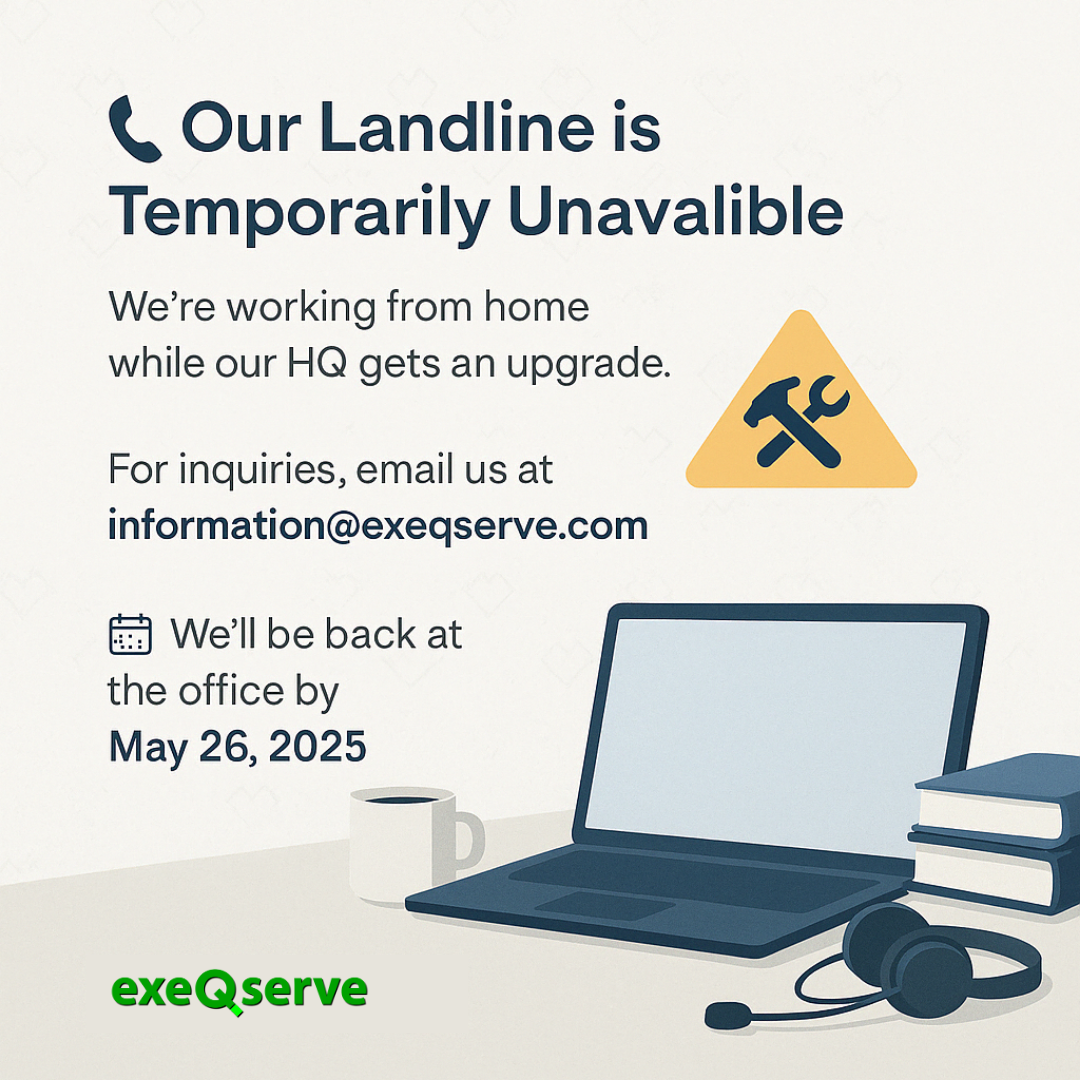The workplace has evolved drastically over the years, and with it, the expectations of employees have changed as well. In the past, the traditional approach to managing people has been to adopt a command-and-control management style. However, with the rise of a new generation of workers, this management style is no longer effective. Gen Z workers, in particular, have different expectations from their employers compared to their Gen X counterparts. They prioritize a sense of purpose, autonomy, and opportunities for growth and development in their jobs.
As such, it is not surprising that Filipino employees resign at the first sign that they won’t be happy or successful working in a company. This has led to a situation where companies struggle to replace lost employees, and the old ways of managing people are hardly working. In some organizations, when managers send a memo to employees asking them to explain their performance or behavior, they resign instead of explaining themselves or fighting it out during the investigation. All of a sudden, a company may lose a potentially good employee just because they chose the traditional disciplinary approach over a coaching conversation on a stupid mistake that the latter could have corrected. Organizations, with HR’s leadership, need to change their mindset about how to manage and keep employees motivated to stay and grow in the organization.
According to Gallup’s global workplace report, the biggest cause of employee disengagement worldwide is a lack of support and recognition from managers. Employees who feel that their managers do not care about their well-being or development, or who do not provide regular feedback and recognition, are more likely to be disengaged and actively seek other job opportunities.
Considering these changes, HR needs to rethink its approach to managing people. Here are some ways in which HR can succeed in this new workplace reality and address the changing employee expectations:
- Prioritize employee engagement: HR needs to make employee engagement a top priority. They must ensure that employees feel valued, heard, and supported. This means providing regular feedback and recognition, offering opportunities for growth and development, and creating a work environment that is conducive to productivity and collaboration. The best way to do this is to equip managers to become better leaders. Yes, leading is different from managing. also, check this:
POSITIVE DISCIPLINE: WHY HR NEEDS TO CHANGE ITS DISCIPLINING TACTICS TODAY
- Provide continuous learning and development opportunities: The younger generation of workers is eager to learn and develop new skills. HR needs to provide continuous learning opportunities to ensure that employees stay engaged and motivated. This means offering training programs, mentoring, coaching, and access to industry-related resources.
- Adopt a coaching and mentoring approach: The old command and conquer approach doesn’t work anymore. HR needs to help managers adopt a coaching and mentoring approach to management. This means focusing on employee development, providing feedback and guidance, and creating a supportive work environment that fosters growth.
- Foster a culture of innovation: Gen Z workers are tech-savvy and innovative. HR needs to help companies create a culture of innovation that encourages employees to share ideas, collaborate, and experiment. This means creating an environment where employees are encouraged to think outside the box, take risks, and learn from failures.
The changing expectations of employees require HR to rethink its approach to managing people. Organizations need to adopt a more people-centric approach that prioritizes employee engagement, provides purpose and autonomy, offers continuous learning and development opportunities, adopts a coaching and mentoring approach, and fosters a culture of innovation. By doing so, companies can attract and retain top talent, increase productivity, and achieve long-term success.
ExeQserve’s Leadership Development Programs, have been continually redesigned to address the changing expectations of the younger workforce. Call us if you need help in shifting your paradigm on people leadership and management.








